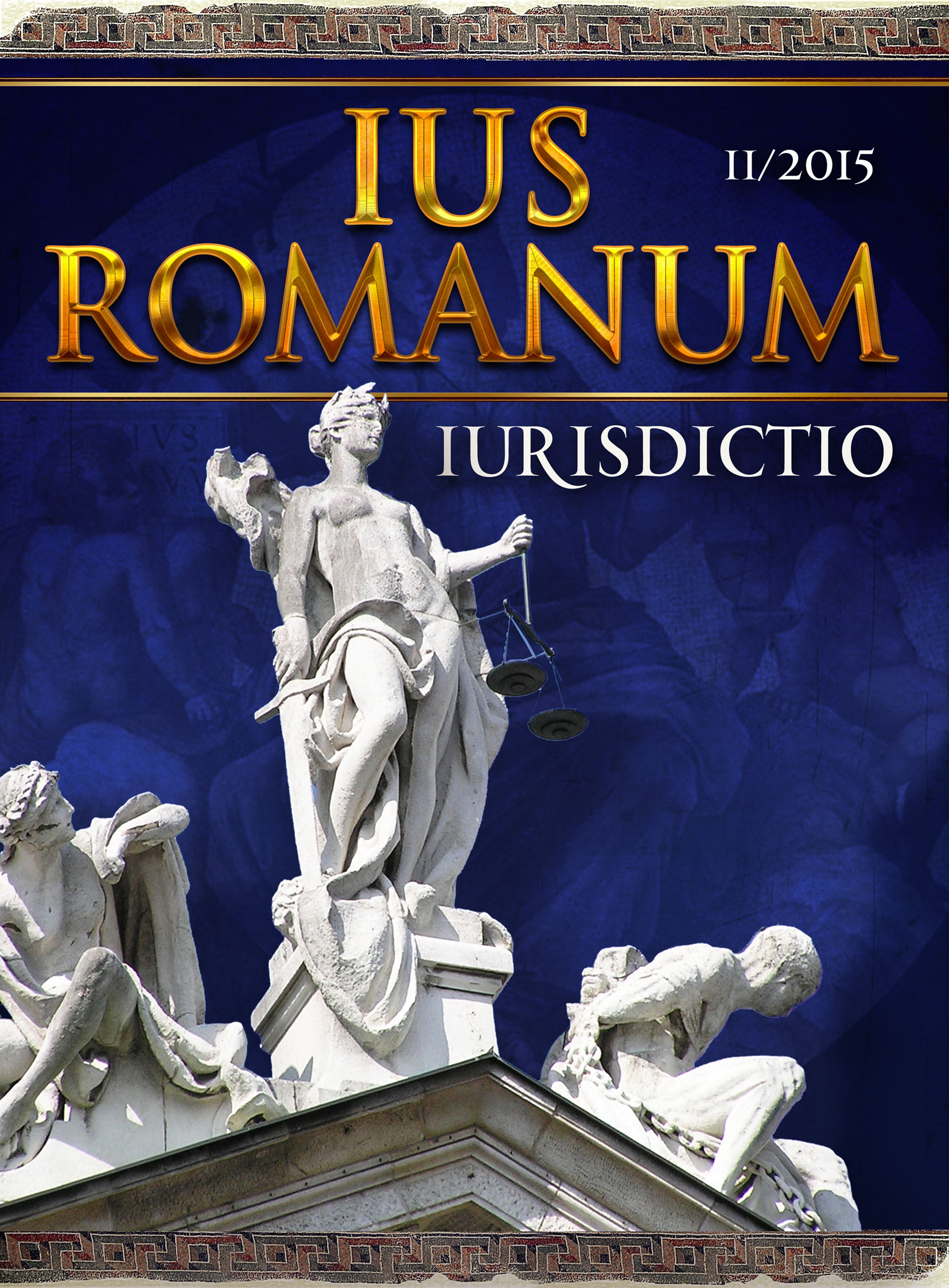NE EAT IUDEX ULTRA PETITA PARTIUM, ЗАБРАНАТА ЗА REFORMATIO IN PEIUS И НАСРЕЩНАТА ЖАЛБА
NE EAT IUDEX ULTRA PETITA PARTIUM, THE REFORMATIO IN PEIUS AND CROSS-APPEAL INTERDICTION
Author(s): Ognyan StambolievSubject(s): History of Law, Civil Law
Published by: Софийски университет »Св. Климент Охридски«
Keywords: civil procedure; Supreme court of cassation; Bulgarian civil procedure code
Summary/Abstract: From the age of the codifications we have evidence of the existence of the institute the banning when it comes to reformatio inpeius, but they are mostly of the criminal procedural law. This, of course, does not preclude my article to be devoted to this topic, and that in civil proceedings. Over the past 60 years, the Institute underwent a certain evolution in our procedural law. For its part, the Institute's cross-appeal was introduced only in 2007 with the adoption of the act and now CCP. A subject of this article is the content, purpose and scope of the prohibition on reformatio in peius, and the cross-appeal, considered in terms of the principles of civil procedure, and their relationship. The danger to worsen their situation by filing a complaint against not entered-into -force judgment is a psychological factor which could motivate both sides not to appeal the decision. Therefore, according to some authors, in the appeal of judgments and proceedings in their examination was introduced ban on reformatio in peius. But viewed from another angle, the absence of any risk on appeal also could lead, and probably is leading in practice to appeal against a decision even when the side is convinced of the injustice of it's claims and it's correctness, because if there is a ban on reformatio in peius he can not lose anything. It is justified, including a few examples of the theory and practice of the SCC concluded the violation of the rule for reformatio in peius if the conditions for it's implementation would result in taking unacceptable solution, because ne eat iudex ultra petita partium, a.k.a it would violate the dispositive principle. Sensible corrective to the negatives that the prohibition on reformatio in peius could bring is the possibility of bringing a cross-appeal.
Journal: IUS ROMANUM
- Issue Year: 2015
- Issue No: 2
- Page Range: 767-783
- Page Count: 17
- Language: Bulgarian

